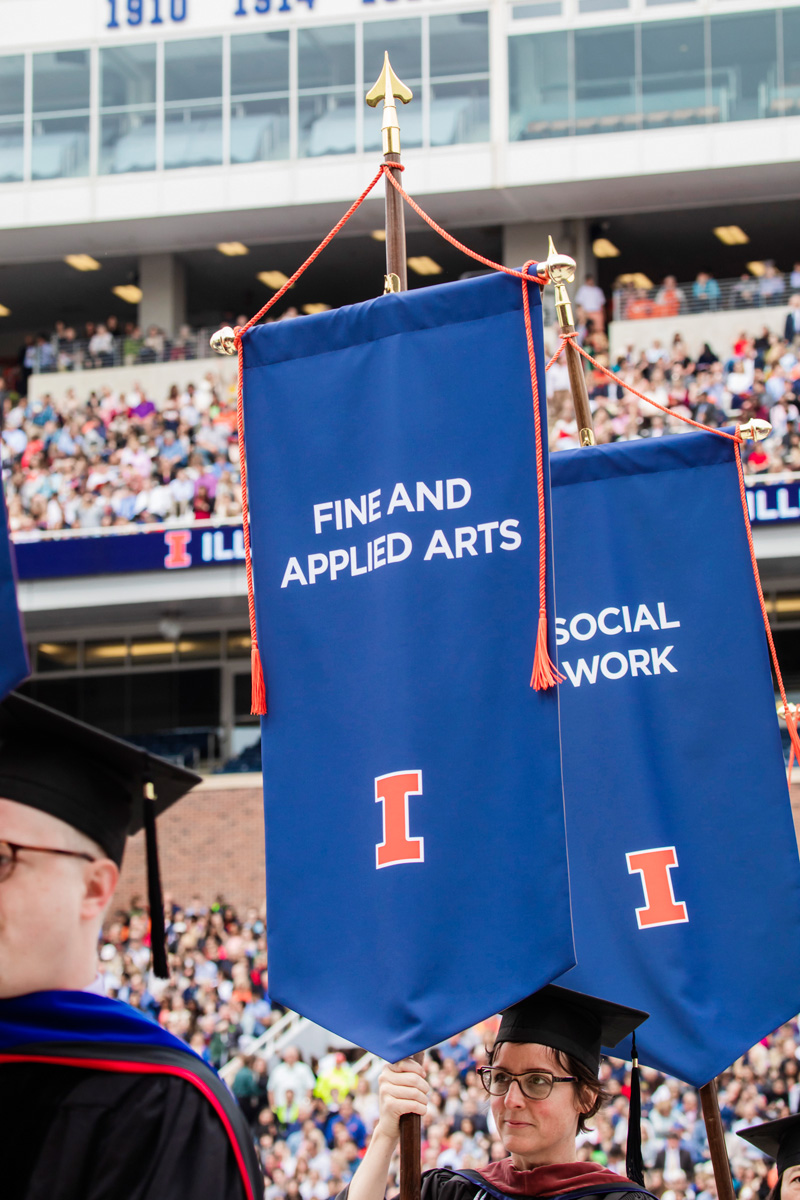Industrial Design
Industrial Design determines the form of a manufactured product, shaping it to fit the people who use it and the industrial processes that produce it. Areas of design investigation include furniture, appliances, transportation, tools, farm equipment, medical instruments, electronics, human–computer interfaces, and recreational support equipment.
Industrial designers look for innovative and better ways to do things, linking technical knowledge with understanding people and the visual arts. They approach their work as problem solving, asking, "How do people want to travel?" rather than, "Let's build another car." To answer such questions, industrial designers explore a broad range of alternatives through drawings and models, steadily refining their designs as they test them against the user's needs and manufacturer's capabilities.
- ARTF 101—Contemporary Issues in Art
- ARTF 102—Observational Drawing
- ARTF 104—Expressive Drawing
- ARTF 106—Visualization Drawing
- ARTD 101—Introduction to Industrial Design
- ARTH 110 —Introduction to the History of Art and Visual Culture
Students should consult with an Art & Design academic advisor regarding course selection prior to the advanced registration period
Industrial Designers are well rounded problem solvers and have access to a variety of careers.
- Ability to convey concepts with quick sketches
- Computer proficiency
- Creative problem-solving skills
- Good verbal and written communication skills
- Mechanical aptitude and basic understanding of how things work
- Exhibit Designer
- Industrial Designer
- Interface Designer or Developer
- Multimedia Designer
- Product Designer
- Product Developer
Some careers may require education beyond an undergraduate degree.
- Participating in undergraduate research
- Applying for a study abroad experience
- Utilizing resources of The Career Center
- Joining a Registered Student Organization (RSO) related to this major, such as:
- Industrial Designers Society of America: provides industrial design students with a gateway of communication between the education and professional worlds.
There are several professional organizations dedicated to Industrial Design. Their websites might be able to provide a glimpse in the world of Industrial Design. These organizations include: Industrial Designers Society of America and IDSA's Women in Design.

